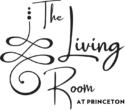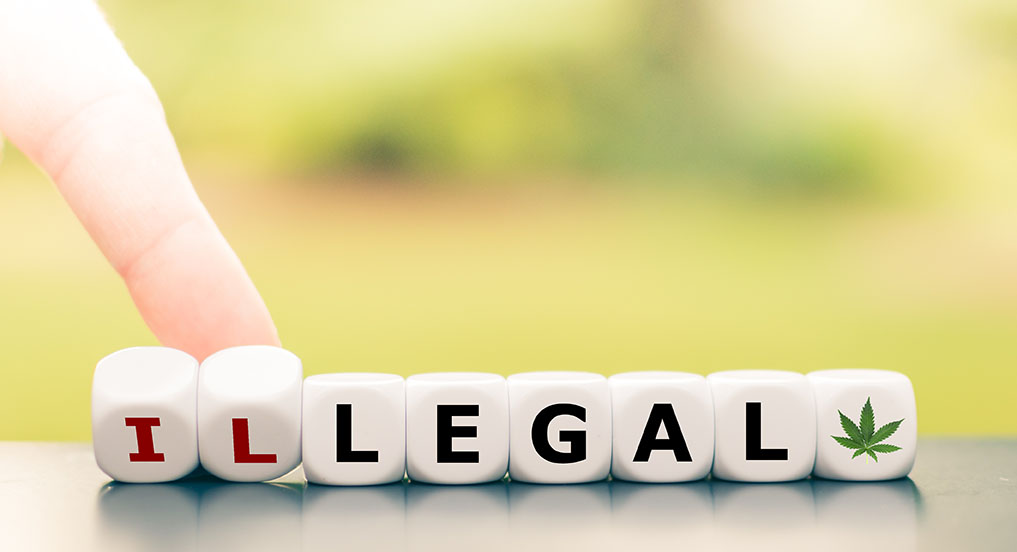When New Jersey legalized recreational marijuana on January 1, 2021, many celebrated it as a progressive step forward. But for those in addiction recovery the new law also opened the door to a complex set of challenges. While cannabis may be legal for adults 21 and over, legality doesn’t equal safety, especially for people in recovery from substance use disorders.
At The Living Room, where we specialize in outpatient treatment for cannabis use disorder in NJ, our aim is to help those struggling with addiction, no matter what it may be. Unfortunately, there is now a greater likelihood for use of marijuana and relapse risk in recovery. This is true for those suffering both from marijuana addiction (yes, it happens) and recovery from other substances.
With dispensaries seemingly on every corner and cannabis culture increasingly normalized, cannabis legalization in New Jersey has caused ripple effects in addiction treatment. Here’s how it may affect you and your loved ones.
Is Weed Addictive?
Despite popular belief, yes, marijuana can be addictive. While it doesn’t have the powerful physical addiction of other drugs such as heroin or methamphetamine, people can develop a mental obsession and reliance on the drug that is harmful to their lives. This is very nearly the definition of addiction.
Many people develop a strong psychological addiction to marijuana. They may depend on it to relax, sleep, eat, or manage social situations. Over time, what begins as casual use becomes a mental obsession. Marijuana can become an everyday necessity that slowly erodes emotional stability. Importantly, it can also derail recovery from other drugs.
Withdrawal symptoms from cannabis can include:
- Irritability
- Insomnia
- Anxiety or depression
- Decreased appetite
- Restlessness
While these symptoms aren’t life-threatening and are certainly not as powerful as opiates or other drugs, they are disruptive. For someone in recovery, they can destabilize hard-earned progress.
Marijuana can also lead to many of the same problems as other addictions. These problems include:
- Relationship issues
- Poor performance at work or school
- Deteriorating mental health or the triggering of latent mental health issues
- Legal or financial problems
- Isolation and avoidance of support networks
- Limiting healthy coping strategies
So, is weed addictive? Yes, in important ways. It can also lead to many of the same problems as other addictions. That’s why we provide outpatient treatment for cannabis use disorder in NJ designed to help adults regain control without needing to leave their lives behind. Treatment is crucial not just for managing cannabis use, but for protecting the broader structure of recovery with other drugs as well.
Cannabis Legalization in NJ and Relapse Risks
Marijuana is often thought of as harmless, but it’s really not. Marijuana and relapse risk in recovery is real, and it can be devastating. It would be tempting to think using marijuana in recovery is safe because it’s everywhere and it’s now legal.
But so is alcohol, and alcohol causes some of the most serious addictions. Alcohol is also discouraged for those with addictions to other drugs because of the loss of control and inhibition it causes, potentially leading to relapse.
It’s critical to understand the connection between cannabis legalization in NJ and relapse risks. Legalization doesn’t just make cannabis more available; it also shifts cultural perceptions of the drug. What was once seen as what it is, a drug, is now often marketed as therapeutic. For those in recovery, it can be anything but.
These beliefs can lead to rationalizations that cannabis is safe to use in recovery. It is not, and rationalizations are the bane of those with addiction. Cannabis and marijuana products can cause backsliding, the loss of control, and relapse. If you wouldn’t have a drink as part of your recovery plan, you shouldn’t smoke or use marijuana either.
Can Those in Recovery Use Cannabis Products or Smoke Marijuana?
The short answer is no. If you’re in recovery, it is strongly discouraged from using any cannabis products or smoking marijuana. Using marijuana to ease your problems is the old slippery slope that can lead to renewed drug or alcohol use. Unfortunately, it often does.
So what does work? The same techniques as always: facing your issues head on, dealing with your trauma and mental health issues in a healthy and productive way, therapy, and a comprehensive treatment plan that treats the whole person and not just the addiction.
Get the Science-Backed Support For Addiction that Works: Call the Living Room
If you are struggling with addiction, give the Living Room a call at (732) 327-1066. We can help you break free from your addictions with science-backed techniques that have helped thousands of people live productive, healthy lives free from the need for substances.
Recovery is always possible. But in today’s world, it requires clarity, courage, and a commitment to making choices that support long-term healing.
If you or someone you care about is using marijuana despite being in recovery or may be addicted to marijuana, call us now. We’re looking forward to helping, and no one has to face addiction alone.
Sources:
Cannabis Addiction and the Brain: a Review. National Library of Medicine.
Cannabis (Marijuana). National Institute on Drug Abuse.


